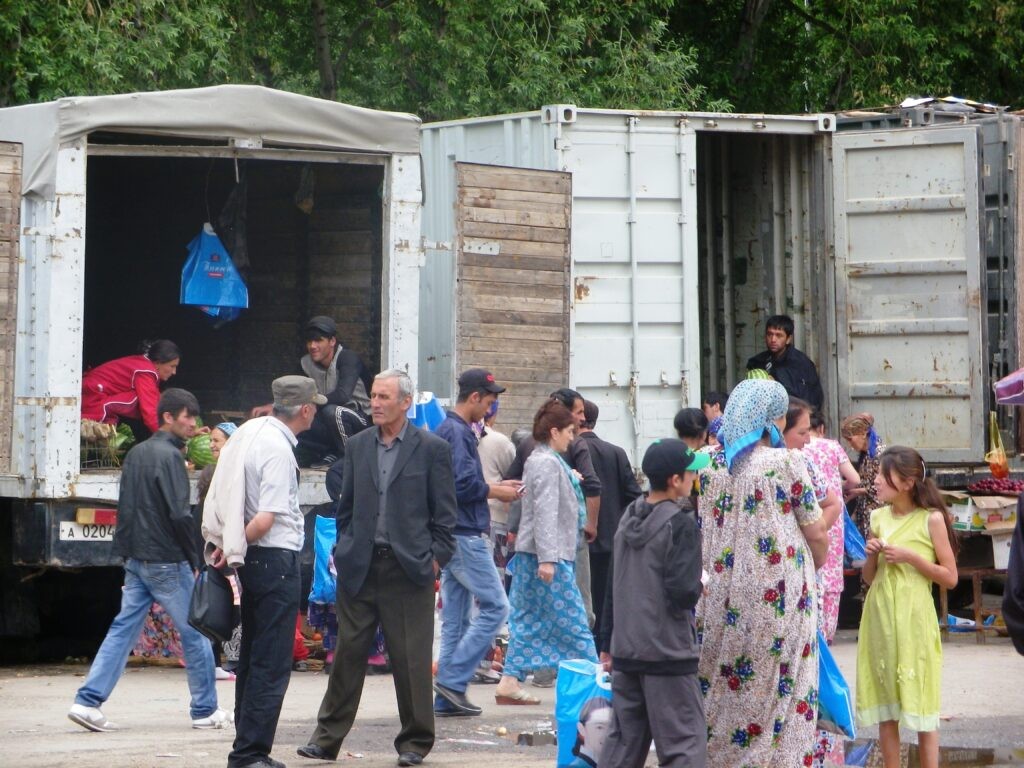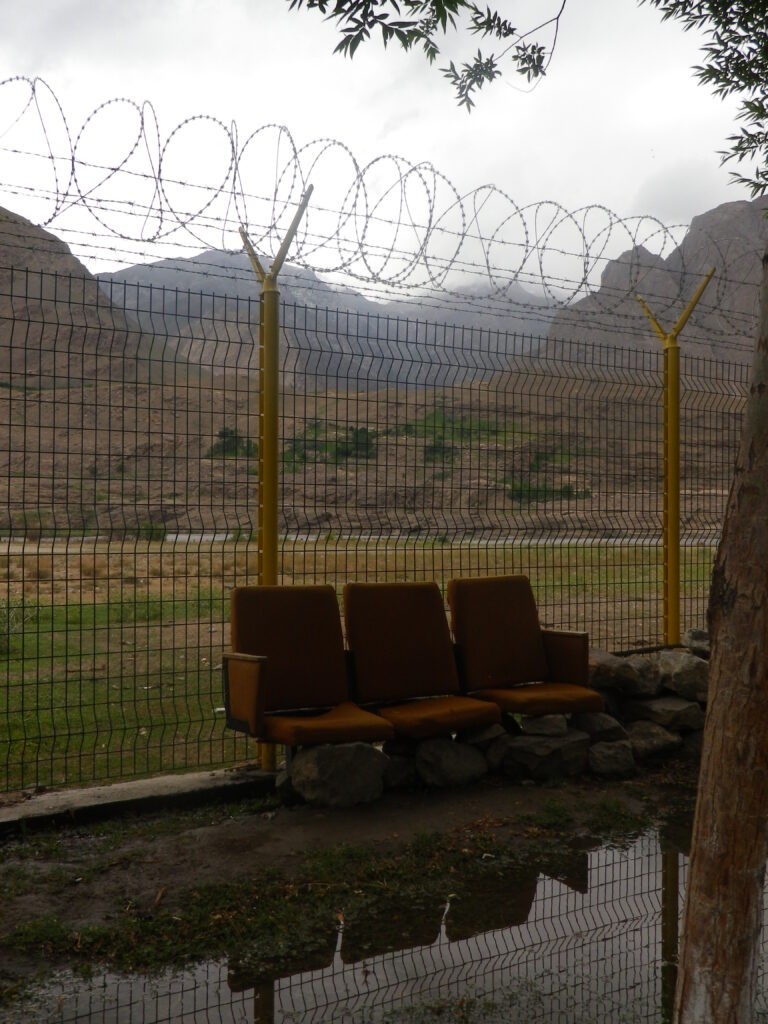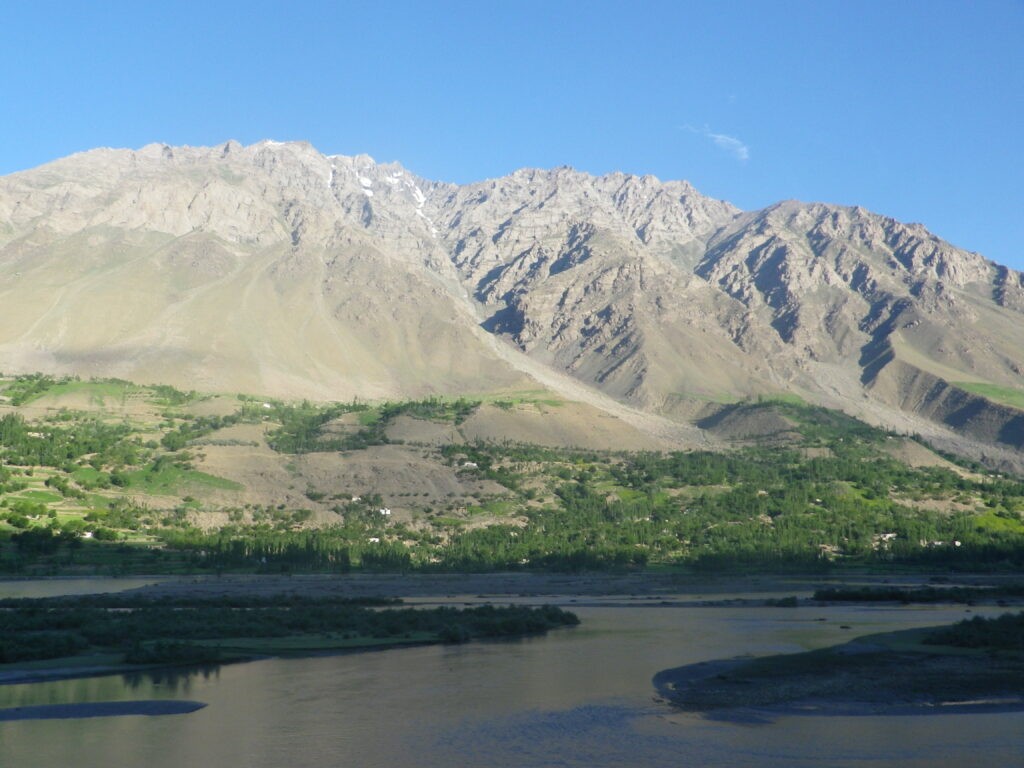The Geopolitical Fallout of Taliban’s Takeover: Neighboring Countries and Their Responses
The swift takeover of Afghanistan by the Taliban following the withdrawal of foreign forces (notably the United States) has created a complex geopolitical situation for neighboring countries. These nations had contemplated the prospect of a Taliban resurgence, but the sudden shift in power dynamics forced them to publicly acknowledge their stance towards a Taliban-led Afghanistan. The General Response In general, the consensus among these nations has been an acceptance of the new reality, with many expressing a willingness to engage in dialogue with Afghanistan's new leadership. While the two regional heavyweights, Moscow and Beijing, have both indicated their readiness to negotiate with the Taliban, they harbor concerns about militants from their own countries that are currently in Afghanistan and allied with the Taliban. The safety of foreign citizens still residing in Afghanistan further complicates the situation. Pakistan, a long-standing supporter of the Taliban, openly welcomed the group's recent success. Meanwhile, China, Iran, Uzbekistan, and Turkmenistan choose to concede their lack of influence over Afghan internal politics, instead expressing hope for potential cooperation with the Taliban. Tajikistan's Unique Stance Tajikistan, under the leadership of President Emomali Rahmon, presents a different narrative. Rahmon has been vocal in his opposition to the Taliban government in Afghanistan. This stance is partly due to his history as Tajikistan's leader during the previous Taliban control of Afghanistan and his support for ethnic Tajiks there who have been battling the Taliban. Tajiks constitute approximately 25% of the Afghan population, and their connection to Tajiks in Tajikistan is strong. None of the other neighboring states have this sort of relationship. Rahmon's concern for the Afghan Tajiks has earned him rare public support at home, which could be crucial as he prepares his son, Rustam, to succeed him as president. There appears to be a growing concern among Tajikistan's citizens about the potential illiberal influence of the Taliban. Following the Taliban takeover in Afghanistan, Tajikistan received thousands of refugees, with many more gathering at the border. This influx could indicate a fear of Taliban's rule among the population. There are also reports of Taliban attacks on Tajik communities. The Taliban enforces justice through its strict interpretation of Sharia law, including the implementation of criminal punishments such as public executions. Judges within the Taliban enforce the hierarchy and maintain centralized authority. This system has been criticized by human rights organizations for lacking justice, truth and reparation for crimes under international law as well as for human rights violations. Challenges Ahead Rahmon faces significant challenges in engaging with the Taliban due to the country's history with the Islamic Renaissance Party of Tajikistan (IRPT). The IRPT, an Islamic political party far more moderate than the Taliban, was a major opposition group during Tajikistan's 1992-1997 civil war. It later became the second-largest party in Tajikistan, posing a threat to Rahmon's power. In 2015, the Tajik government banned the IRPT, labeling it an extremist group based on claims of a coup attempt. Given this history, it's hard for the Tajik government to establish ties with...






